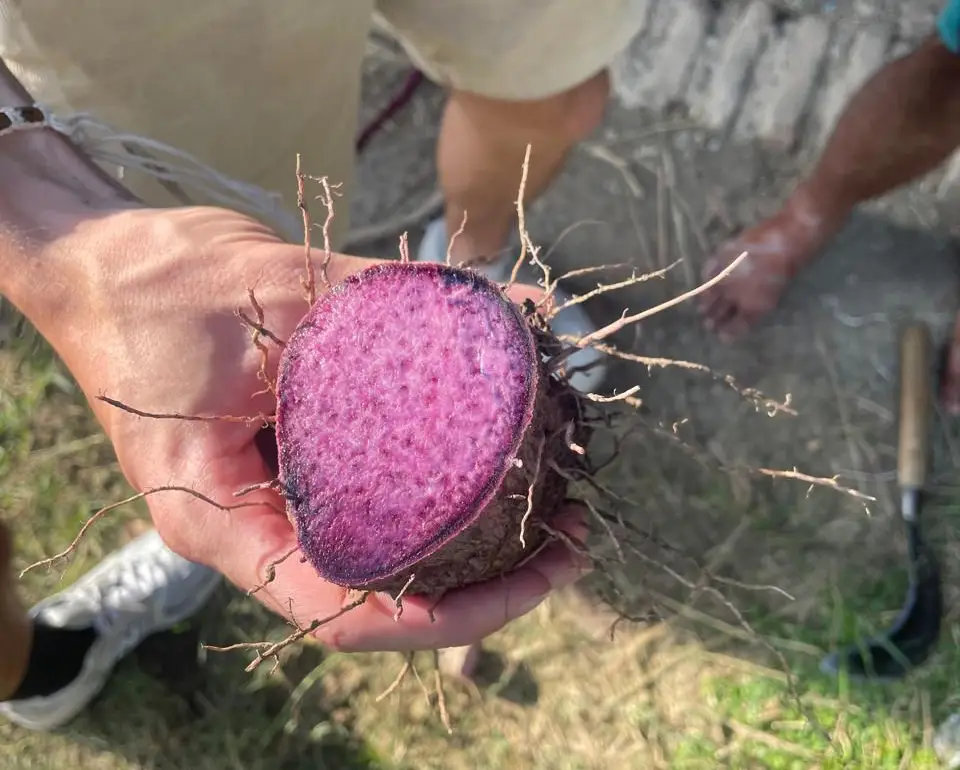Ube, also known as purple yam (Dioscorea alata), is gaining international attention as one of the most vibrant and versatile root crops from Southeast Asia. With its naturally sweet flavor, stunning purple hue, and rich nutritional profile, ube has become a sought-after ingredient in global markets—especially in desserts, bakery products, and health foods. Indonesia, with its fertile soil and tropical climate, is an ideal producer of high-quality ube for export.
Why Ube is in High Demand Globally
The global demand for ube is rapidly increasing due to:
- Health Benefits – Rich in antioxidants, vitamins, and minerals.
- Natural Coloring – Its vibrant purple pigment (anthocyanins) makes it a natural food coloring alternative.
- Culinary Versatility – Used in ice creams, cakes, breads, jams, and beverages.
- Vegan-Friendly – Perfect for plant-based diets and gluten-free recipes.
Indonesia’s Potential as an Ube Exporter
Indonesia’s vast agricultural resources make it highly competitive in the global ube trade.
- Climate Advantage: Ideal tropical conditions for year-round production.
- Fertile Soil: Enhances sweetness and texture of ube.
- Skilled Farmers: Experienced in cultivating high-yield and high-quality crops.
- Strategic Location: Easy access to Asian and global shipping routes.
Processing and Export Opportunities
Ube can be exported in several forms:
- Fresh Roots – For culinary and industrial uses.
- Frozen Ube – Maintains freshness during shipping.
- Ube Halaya / Paste – Ready-to-use for desserts and bakery industries.
- Ube Powder – Long shelf life and easy storage for global manufacturers.
Exporters can target markets such as the United States, Japan, South Korea, Australia, and the European Union, where Quality Standards for Exportdemand is steadily growing.
Quality Standards for Export
To compete globally, Indonesian ube exporters must meet these standards:
- Clean, pest-free produce
- Compliant with international food safety regulations
- Proper packaging and cold storage for freshness
- Traceability and certifications such as HACCP, ISO, or Organic (if applicable)
Conclusion
With its growing popularity and health benefits, ube represents a promising agricultural export product for Indonesia. By maintaining high quality, adhering to international standards, and targeting the right markets, Indonesian farmers and exporters can position ube as a premium commodity in the global food industry.


